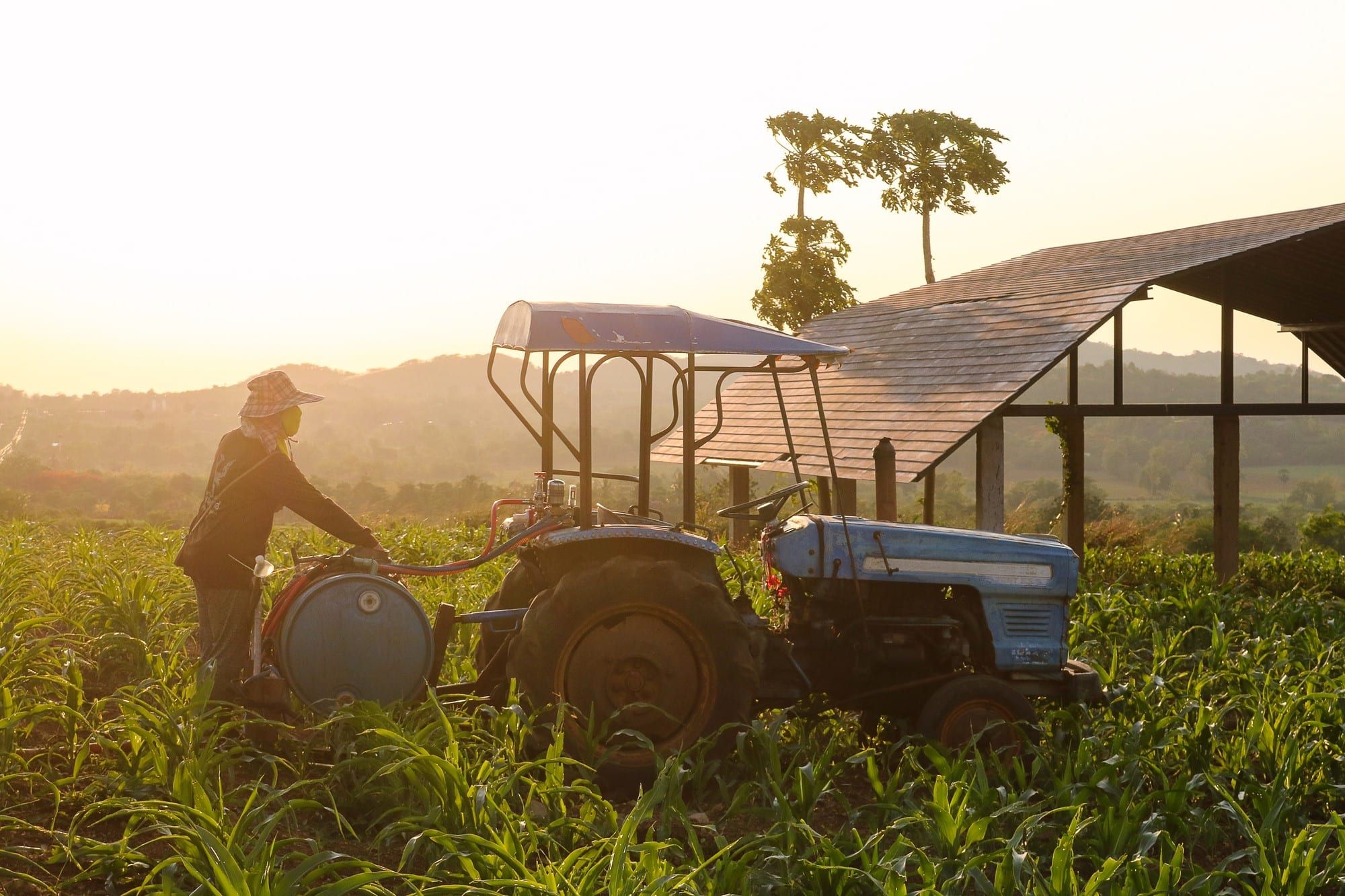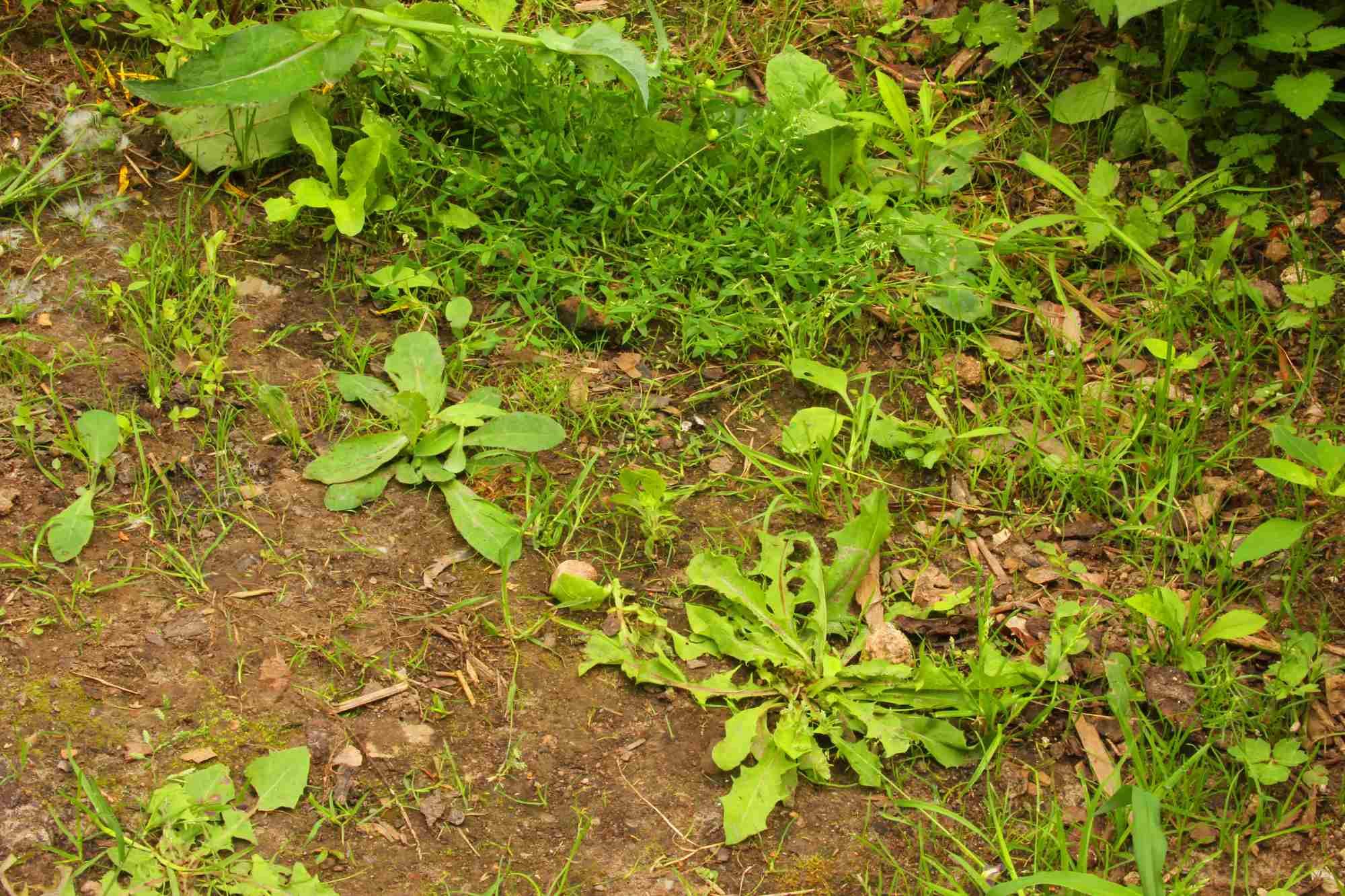
The active ingredient glyphosate is used in a number of popular weed killer products, including Monsanto’s Roundup weed killer. However, there may be some serious side effects of glyphosate—and these may even be heightened when the active ingredient is combined with certain other chemicals.
Has Glyphosate Been Restricted or Banned?
Although glyphosate is still the most widely used herbicide in the world, many countries, states, and cities are attempting to restrict or ban the use of the possibly carcinogenic chemical. Despite a lack of agreement from regulatory agencies on whether glyphosate may cause cancer, many local governments would rather be safe than sorry.
Nearly 20,000 lawsuits are currently pending against Bayer regarding Roundup and glyphosate. Many of these lawsuits have been filed by plaintiffs who claim that exposure to Roundup through their occupations or hobbies resulted in their diagnosis of cancers including non-Hodgkin’s lymphoma. Due to these extensive accusations, victims and advocates are lobbying for a restriction on the use of the chemical.
In July 2019, Austria became the first member of the European Union to institute a complete ban on all use of glyphosate, as a precautionary measure due to concerns about the chemical’s safety and possible carcinogenic properties. France has also promised to completely ban glyphosate by 2023, and has already restricted the sale of Roundup. Italy, the Netherlands, the Czech Republic, Vietnam, and Thailand have also instituted restrictions banning the use or sale of the product.
While the United States has not issued any nationwide restrictions or bans regarding glyphosate, individual cities are taking up the issue themselves in order to protect city workers and residents. Several cities in 24 states including California and Illinois have instituted restrictions or bans on where glyphosate may be used. Many of these new regulations prohibit the chemical from being sprayed in public parks, on city property, or near schools.
What is Glyphosate?
Glyphosate is an herbicide and has been widely used in the U.S. as a pesticide since 1974. Glyphosate is the active ingredient in Roundup, the Monsanto product at the center of a years-long controversy over the safety of weedkillers.
Roundup has been widely used for more than 40 years all across the U.S., and the government is now investigating the effects of glyphosate and glyphosate-based herbicides on humans.
What are Side Effects of Glyphosate?
A recent study from researchers at the University of Washington found that exposure to glyphosate-based weed killers may increase a person’s cancer risk by 41 percent. Specifically, glyphosate was linked with non-Hodgkin lymphoma (NHL), a cancer that targets the immune system.
Some organizations, like the EPA, have taken the stance that glyphosate is likely non-carcinogenic to humans. The World Health Organization’s International Agency for Research on Cancer, however, has classified glyphosate as “probably carcinogenic to humans.”
Bayer (which recently acquired Monsanto) maintains that glyphosate is a safe and effective weedkiller.
The U.S. National Toxicology Program (NTP) is currently examining glyphosate-based herbicides.
While the studies aren’t complete, early findings are showing at least one thing very clearly about formulations (glyphosate plus other ingredients) compared to just glyphosate alone: “We see the formulations are much more toxic,” Mike DeVito, acting chief of the National Toxicology Program Laboratory, told the Guardian. “The formulations are killing the cells. The glyphosate really didn’t do it,” DeVito said.
Though Bayer maintains that glyphosate is safe despite increasing scrutiny, some critics assert that this is a biased position. Internal company emails within Monsanto through the past 16 years have shown similar concern over a difference between glyphosate as a solitary ingredient and the formulated glyphosate-based product.
 Canadian law charity Eco Justice asserts that Bayer and Monsanto actively covered up knowledge of the negative effects of glyphosate. To support this claim, Eco Justice cited claims made in a United States lawsuit filed against Bayer. In that lawsuit, a consumer asserted that internal documents from the country revealed that that Monsanto intentionally altered scientific studies to make it appear as if glyphosate was safe, while knowing it could pose a danger to human health.
Canadian law charity Eco Justice asserts that Bayer and Monsanto actively covered up knowledge of the negative effects of glyphosate. To support this claim, Eco Justice cited claims made in a United States lawsuit filed against Bayer. In that lawsuit, a consumer asserted that internal documents from the country revealed that that Monsanto intentionally altered scientific studies to make it appear as if glyphosate was safe, while knowing it could pose a danger to human health.
To make matters worse, Eco Justice and other critics assert that some health organizations based their determinations of glyphosate’s safety off of this faulty information. In particular, they worry that Health Canada made its decision to widely use glyphosate based on untrustworthy information from Monsanto and Bayer.
They worry that health experts making decisions based on allegedly inaccurate data may put the health of people around the world at risk. They urge Health Canada in particular to reconsider their decision, in an effort to protect Canadian consumers.
Business Insider weights in on the glyphosate, noting that Monsanto states that a 2017 study shows no “statistically significant” association between glyphosate and cancer of any kind. However, Business Insider points out that the same 2017 often cited to support glyphosate’s safety did indicate that people who spray glyphosate in use as a pesticide may be at a higher risk of developing acute myeloid leukemia than the general population.
Can I File a Glyphosate Cancer Lawsuit?
In two recent high-profile court cases, cancer patients alleged that exposure to Monsanto’s Roundup product caused their non-Hodgkin’s lymphoma, a type of cancer. In both cases, jurors sided with the patients.
More and more people are coming forward with allegations of suffering from serious side effects of glyphosate such as cancer after exposure to Roundup weedkiller.
If you or someone you love has suffered from side effects of Roundup, you may be able to file a lawsuit and pursue compensation. Of course, filing a lawsuit cannot take away the pain and suffering caused by glyphosate-related cancer, nor can it bring a loved one back to life, but it can at least help to alleviate the financial burden incurred by medical expenses, lost wages, and more.
Litigation can be stressful, especially when you’re already dealing with an injury or disease, so Top Class Actions has taken some of the guesswork out of the equation by connecting you with an experienced glyphosate attorney. An attorney can help you determine you if you have a claim, navigate the complexities of litigation, and maximize your potential compensation.
If you or a loved one developed cancer after using Roundup as a farm worker or home gardener, you may have a legal claim. Legal migrant farm workers may also seek help. Learn more by filling out the form on this page for a FREE case evaluation.
ATTORNEY ADVERTISING
Top Class Actions is a Proud Member of the American Bar Association
LEGAL INFORMATION IS NOT LEGAL ADVICE
Top Class Actions Legal Statement
©2008 – 2026 Top Class Actions® LLC
Various Trademarks held by their respective owners
This website is not intended for viewing or usage by European Union citizens.
Get Help – It’s Free
Join a Free Roundup Cancer Class Action Lawsuit Investigation
For the most up-to-date information on this case, click here.












